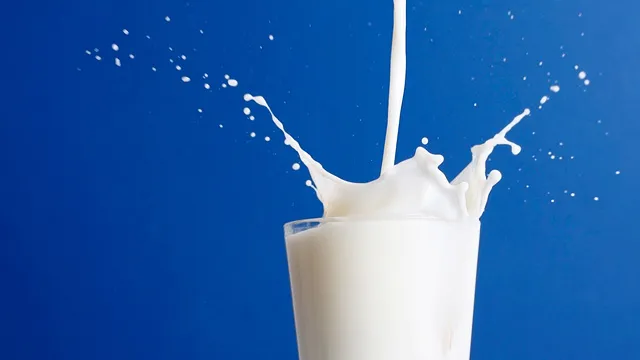
Don’t Make Mine Milk
A recent study published in the British Medical Journal found that among 61,000 women and 45,000 men in Sweden, those reporting high levels of milk drinking did not receive the benefits milk producers promote. (As an aside, I applaud the BMJ for allowing free public access to their articles.)
No, it seems, milk doesn’t build stronger bones, and it certainly doesn’t build stronger lives. Among all the subjects studied, there was zero protection from fractures conferred by drinking milk. Worse than that, they also looked at mortality. They followed the men and women for 11 years, asking them their milk-drinking habits by questionnaire. Women who drank 3+ glasses had almost twice the rate of death as women who drank less than one glass a day, 1.93 times the death rate to be exact. Men also had increased mortality with more milk, but not at that high a rate.
They also looked at markers of general inflammation as they appeared in the urine, which might give us a clue as to what’s going on. The researchers suspected that the devil in the details was “galactose”, one of the sugar components in milk. In previous research, mice died sooner, with increased inflammation and oxidative stress, when injected with galactose. We now know that inflammation raises one’s risk of obviously inflammatory diseases (like arthritis), and also for chronic illnesses such as cardiovascuar disease and cancer.
Two important caveats are worth noting.
First, the study looked at milk, not dairy products. If galactose is truly the culprit, one would expect that the fat (non-sugar) component would not be to blame (butter, cream) and that cheese and yogurts would all behave separately as they have much lower sugar content, if any. Indeed in previous studies, a high intake of fermented milk correlates with a reduced risk of cardiovascular (inflammation-driven) disease. So any study that looks at dairy’s effect on health isn’t helpful unless it sorts out fresh from fermented milk products. By the way, goat’s milk has less overall sugar but more galactose than cow’s milk.
Secondly, the study says nothing about the milk used. Was it non-fat? Low-fat? Whole milk? Pasteurized or raw? The sugar content is the same among different milks, but skimmed milk lacks both the beneficial fats of whole milk and the complexity (enzymes, beneficial bacteria) of raw milk.
Bottom line: continue to enjoy your cream-based and fermented dairy products with confidence. I’d skip drinking pasteurized milk (even organic) as an adult, but if you are a raw milk drinker, how are your levels of inflammation? If you have any evidence of systemic inflammation, I’d suggest a trial period (6 months) off the milk and re-evaluate. You just may need to switch to yogurt, not a bad option.

